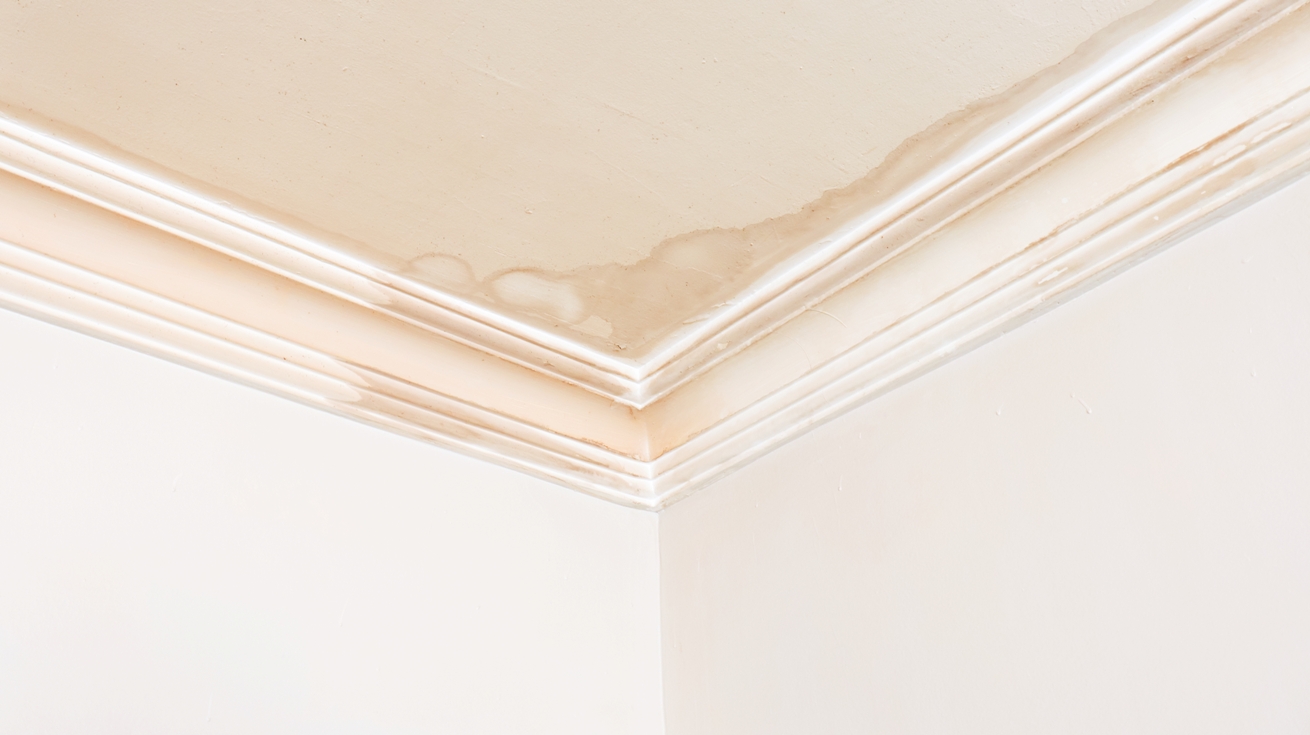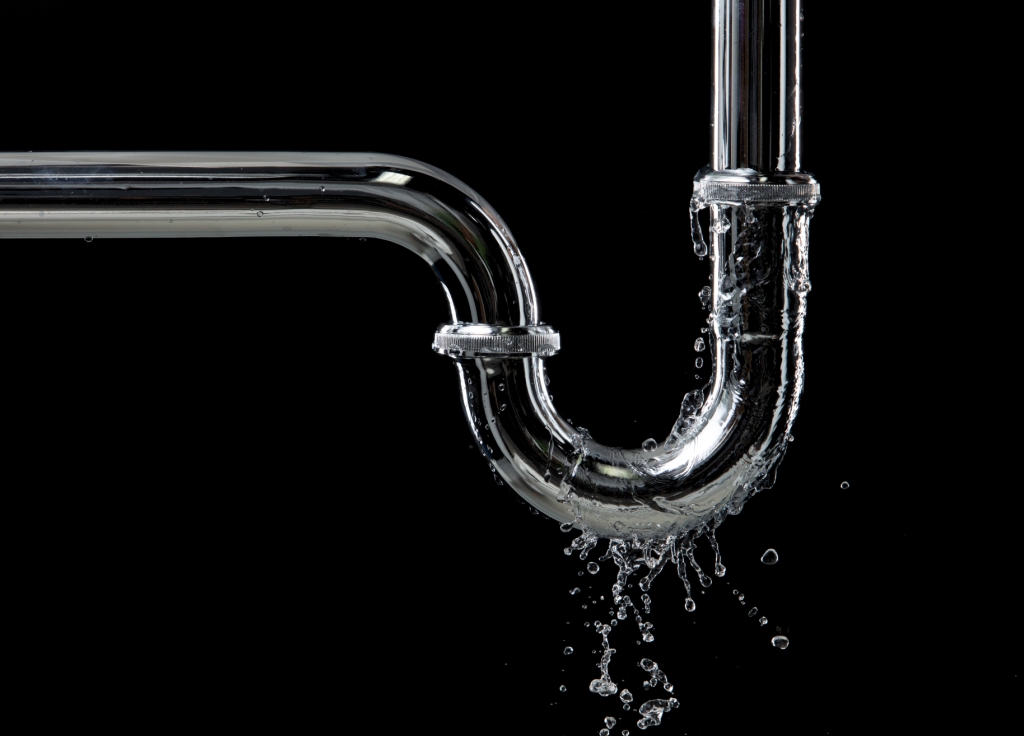
Living in Southwest Florida, especially in Collier and Lee County, means we’re surrounded by water – from our beautiful beaches to refreshing pools that help us beat the heat. However, water isn’t always a friend to our homes. In fact, water damage is the second most common cause of home insurance claims in the U.S. and is the leading cause in Florida.
While many types of home insurance claims are becoming less frequent, water damage claims are on the rise. That’s why it’s so important to understand how to proactively prevent water damage and what steps to take to minimize its impact if it does occur.
An Empty House is a Vulnerable Home. Naples Property Home Watch LLC., Where TRUST MEETS PEACE OF MIND!
Types of Water Damage
Water damage isn’t all the same. Understanding the types can help you know how to respond if an issue arises:
-
Clean Water Damage – This is the most common type and comes from uncontaminated sources like pipes or rainwater.
-
Grey Water Damage – Caused by water containing soaps or chemicals, usually from appliances such as dishwashers or washing machines.
-
Black Water Damage – The most hazardous type, often containing harmful bacteria, as it comes from sewage backups or leaks in sewer pipes.


Common Sources of Water Damage
HVAC Systems
Here in Southwest Florida, HVAC systems run almost year-round due to our tropical climate. High humidity, often exceeding 85% in summer, puts extra strain on these units. One of the most frequent causes of leaks is a clogged condensate drain line, which can cause units to shut off or overflow, creating ideal conditions for mold.
Prevention Tips:
-
Schedule annual HVAC maintenance at minimum; semi-annual checks are even better, especially before summer.
-
Have your technician inspect refrigerant levels, the condensate pump, drain pan, and air filter.
-
If you’re away for over a week, ask your home watch professional to inspect your HVAC system during their visits. Be aware that in many Southwest Florida homes, HVAC units are located in the attic, making access challenging.
Roofs
Your roof is another common entry point for water. Due to our intense heat and frequent storms, shingles can curl, crack, or deteriorate faster here.
Prevention Tips:
-
Schedule professional roof inspections twice a year and after any major storm.
-
Look for signs such as sagging areas, moss, algae, piles of leaves, buckled or curled shingles, and granule loss.
Gutters
Gutters are critical in directing water away from your home, but only if they’re properly installed and maintained.
Prevention Tips:
-
Choose high-quality materials; seamless gutters with internal hangers are ideal.
-
Consider installing gutter guards to reduce debris buildup.
-
Clean gutters at least twice a year, or more frequently if your property has trees like pines nearby.
-
Properly installed and maintained gutters can last up to fifty years.
Appliances
Appliances like washing machines and refrigerators are common sources of clean and grey water damage.
For Washing Machines:
-
Avoid standard reinforced rubber hoses, which are prone to bursting.
-
Use stainless steel braided hoses, which are stronger and include a burst-resistant mechanism.
-
For even greater protection, choose auto-shutoff hoses that detect changes in water pressure and stop the flow if a leak is detected.
-
Inspect hoses bi-annually and replace them every three to five years.
For Refrigerators:
-
Since refrigerators remain on while you’re away, they can cause significant water damage if a leak occurs.
-
Turn off your ice maker before leaving for an extended period to prevent leaks caused by melting ice during power surges.
-
Place a bowl of ice in the freezer before leaving. Upon your return, if the ice has melted and refrozen into a solid mass, you’ll know there was a power outage.
Doors and Windows
These often-overlooked entry points can let water into your home if not properly sealed.
Prevention Tips:
-
Inspect doors for cracks, check weather stripping for peeling or gaps, and ensure doors close securely.
-
Check windows for cracks in the glass and ensure seals are intact. Tighten window cranks and lock windows and doors after inspection.
Preventive Measures
Here are some simple yet powerful steps to protect your home from water damage:
-
Monitor your water bill – A sudden increase could indicate a leak that needs immediate attention.
-
Know your water shut-off valve location – Turn it off before leaving for vacation or seasonal absence. Have your home watch professional run the water and then shut it off during their visits, taking a photo for your peace of mind.
-
Invest in water leak detectors – These devices sense sounds from leaking pipes and alert you immediately, allowing for quick intervention.
-
Install an automatic shutoff valve – This device monitors water pressure and stops the water supply if it detects an imbalance, potentially saving you from significant damage and possibly lowering your insurance premium.
Final Thoughts
Whether you’re a year-round resident or spend part of the year elsewhere, protecting your home from water damage is essential to maintaining its value and safety. By understanding where your home is most vulnerable and taking proactive steps, you can prevent costly and stressful damage.
If you need a trusted home watch or concierge service in Naples, , Naples Property Home Watch LLC., is here to help keep your property safe, maintained, and ready for you anytime.

